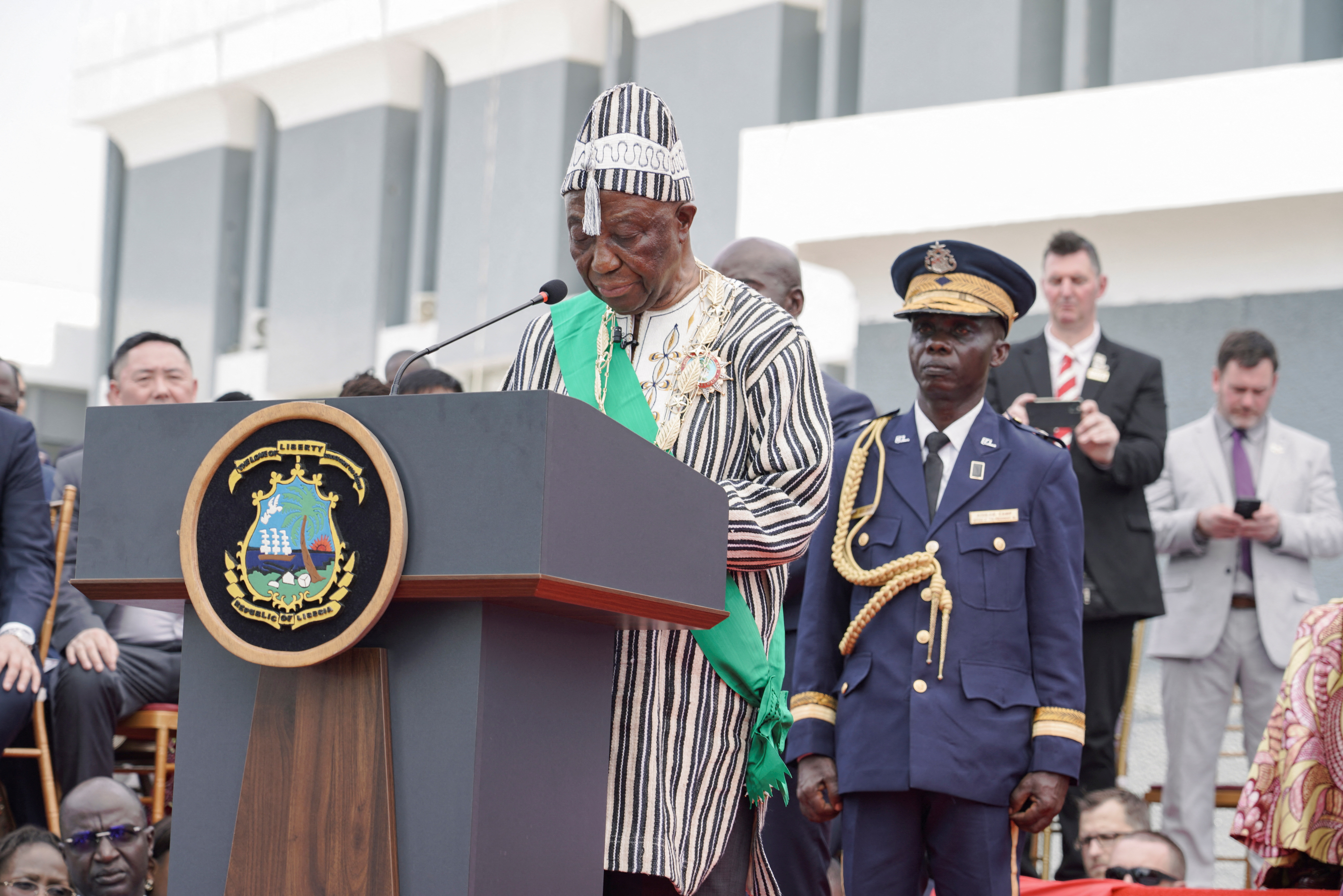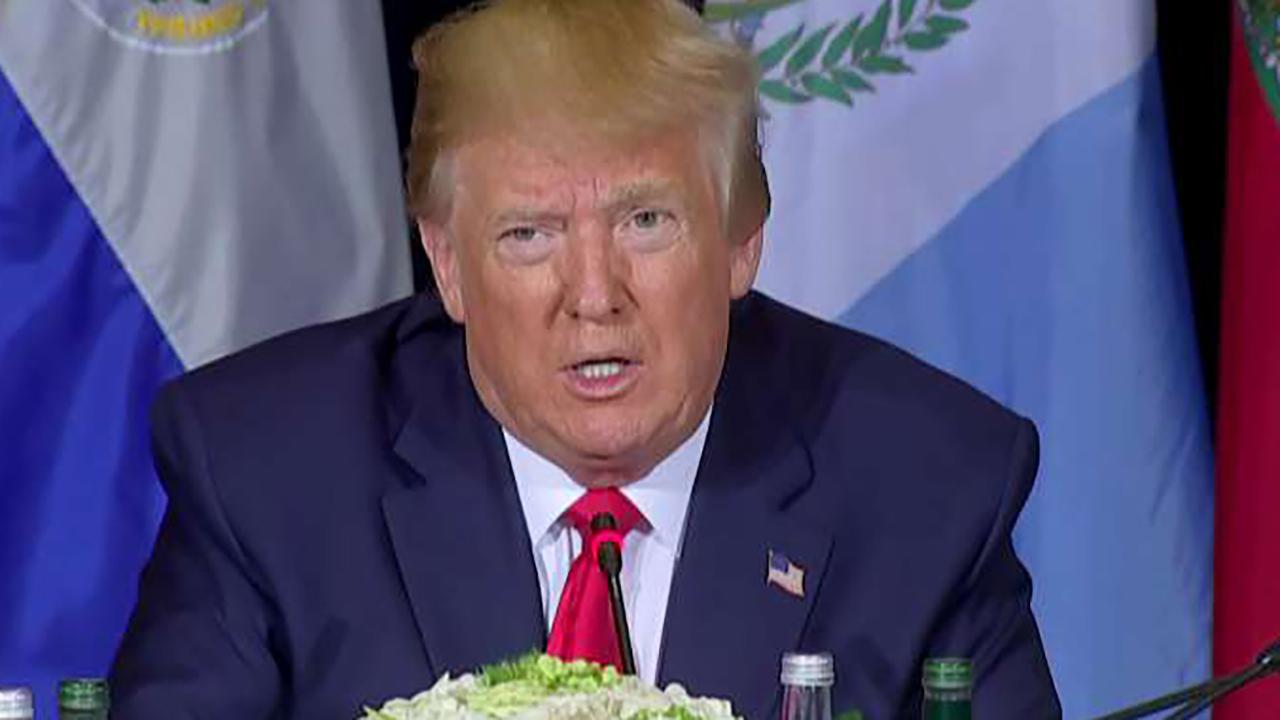President Donald Trump’s recent blunder, where he praised Liberian President Joseph Boakai for speaking “such good English,” highlights a troubling pattern of ignorance that reverberates beyond personal gaffes and into the realm of systemic racism and colonial attitudes. This moment, occurring during a White House luncheon with five African leaders, not only reflects a lack of understanding of Liberia’s historical ties to the United States but also underscores the need for a more profound examination of how language and identity are perceived on the global stage.
Trump"s Comments Expose Deep-Seated Stereotypes
As reported by The Washington Post, Trump’s comment came after President Boakai delivered remarks in English, the official language of Liberia. This statement not only reveals a shocking lack of awareness but also perpetuates harmful stereotypes about African nations and their capabilities. It raises questions about how such attitudes can influence policy and investment decisions, particularly in nations that are already struggling against the weight of historical inequities.
Implications for U.S. Foreign Policy and Economic Relations
The implications of Trump’s remarks extend into the realm of foreign policy and economic relations. As echoed in the analysis from NBC News, the U.S. has a complicated history with Liberia, founded by freed American slaves. Misunderstandings like Trump’s can hinder the formation of meaningful partnerships that are essential for fostering economic growth and development in the region. The lack of cultural sensitivity from America’s leadership can deter investment and collaboration that is crucial for addressing poverty and inequality in African nations.
\n\n
Liberia President Boakai resumes duties after heat exhaustion ...
Language as a Tool of Power and Identity
Language is not merely a means of communication; it serves as a powerful tool for identity and cultural pride. Trump’s remarks inadvertently strip away the rich history and cultural significance of the English language in Liberia. As discussed in a recent piece by AsumeTech, many Liberians view their language as a bridge to their historical roots and connection to the diaspora. Ignoring this reality perpetuates a narrative that undermines the complexities of African identities and experiences.
The Call for Greater Accountability in Leadership
For progressives, the need for accountability in leadership is paramount. Trump’s comments, while seemingly innocuous to some, are emblematic of a broader trend where politicians fail to engage with the lived realities of marginalized populations. This is not just about political correctness; it’s about understanding the historical context that shapes interactions between nations. As we move forward, it is critical that leaders are held accountable for their words and actions, particularly when they hold the power to influence global perceptions and policies.
\n\n
President Trump comments on Ukraine phone call: There was no pressure ...
The Role of Media in Shaping Perception
The media plays a crucial role in framing narratives around such incidents. Coverage of Trump’s remarks should not only focus on the humor or shock value but also delve into the deeper implications for international relations and economic equity. It is essential for journalists to challenge stereotypes and advocate for a more nuanced understanding of African nations and their contributions to the global economy. The responsibility lies with us to amplify marginalized voices and foster a dialogue that promotes understanding rather than ignorance.







![[Video] Gunfire between Iraqi security forces and Sadr militias in Baghdad](/_next/image?url=%2Fapi%2Fimage%2Fthumbnails%2Fthumbnail-1768343508874-4redb-thumbnail.jpg&w=3840&q=75)
